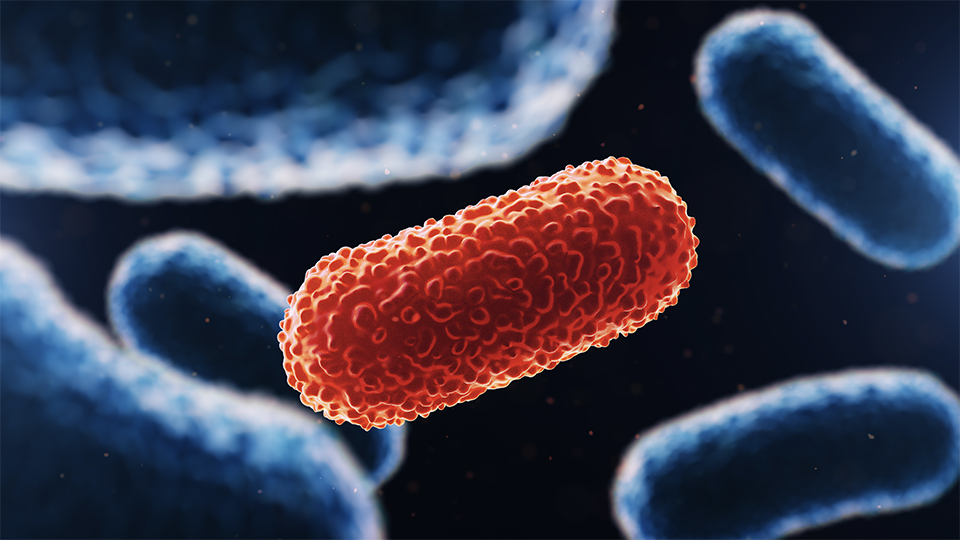Antibiotic duration in critical care: when should we stop?
DOI:
https://doi.org/10.37051/mir-00118Keywords:
infection, intensive care unit, antibiotics, duration, procalcitoninAbstract
Antibiotic therapy is one of the most prescribed treatments in the intensive care unit (ICU). Although life-saving, antibiotics are associated with frequent side effect including antimicrobial resistance. The increased incidence of antimicrobial resistance is considered as a major threat to human health. Indeed, according to recent report, it will directly cause the death of nearly 300 millions of patients over the next decades. In this context, ICU physicians must develop a strategy to improve and optimize the antibiotic use. Shortening antibiotic duration is therefore an important strategy against antimicrobial resistance. In fact, several studies reported that the risk of antimicrobial resistance increased with the duration of treatment. In order to achieve this goal in ICU, physician should stop empiric antibiotic therapy when the infection is excluded, reduced the duration of treatment to eight days when indicated and individualized the duration of treatment according to the procalcitonin kinetic.


